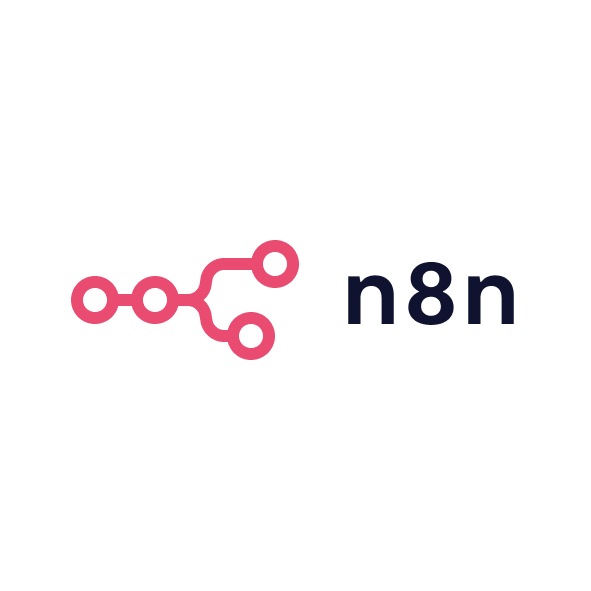Introduction
Choosing a conversion-optimisation platform can feel like a high-stakes gamble for B2B marketers. You need clear answers on testing power, survey depth and true cost. This guide compares Omniconvert with two credible rivals, VWO and Convert. I examine where each tool excels across experiments, personalisation, voice-of-customer research and pricing. By the end, you will know which option fits your growth goals and resources.
Testing and experimentation capabilities
Omniconvert covers client-side A/B, split-URL and multivariate tests, plus a stacked-testing mode that lets winners roll into the next iteration. A visual editor speeds up simple changes, while a code editor accommodates single-page applications. Frequentist and Bayesian statistics are both supported, letting data teams choose their preferred method.
VWO matches Omniconvert on front-end tests and adds FullStack for server-side and mobile-app experimentation. Convert focuses on front-end speed and anti-flicker delivery but now offers API-driven feature flags.
Pick Omniconvert or Convert for rapid website tests when developer bandwidth is tight. Choose VWO if you must run back-end or app experiments within one platform.
Personalisation capabilities
Omniconvert includes forty-plus targeting criteria and overlay templates that trigger in real time. Segments can pull customer value metrics from its Reveal module, enabling, for example, campaigns aimed at high-LTV accounts.
VWO’s Personalize module offers similar rules and shares visitor data with heatmaps and recordings. Advanced options often sit behind higher-tier plans, raising total cost. Convert delivers straightforward rule-based personalisation without machine-learning extras.
Omniconvert gives the richest personalisation toolkit at every price band, especially valuable when you need to act on purchase or lifetime-value data.
Surveys and voice-of-customer tools
Omniconvert Pulse launches on-page surveys with conditional logic, then groups open-ended answers using natural-language processing. Growth teams can turn themes into test hypotheses within minutes.
VWO Insights provides polls, heatmaps and session recordings, creating a broader research suite than Omniconvert, though user ratings mark its survey builder slightly lower for ease. Convert relies on third-party survey apps and does not record sessions natively.
Select Omniconvert or VWO when you want survey data and test results in one dashboard. Choose Convert only if you already own separate qualitative tools.
Onboarding and ease of use
Omniconvert pairs every new client with a one-to-one onboarding call and ongoing “professional support”. Its interface is functional yet can feel cluttered once many experiments run.
VWO leans on self-serve guides, a logical UI and an optional certification path, suiting larger teams that prefer training at their own pace. Convert supplies the simplest layout and quick chat support, making it friendly for newcomers or small agencies.
Omniconvert appeals to teams that value hands-on guidance. VWO shines for self-starters who need enterprise-grade project management. Convert is ideal when speed and clarity trump breadth of features.
Integration and data structure
Omniconvert syncs experiments to Google Analytics 4, pipes segments to Facebook Ads and offers out-of-the-box Shopify support. Reveal augments visitor profiles with RFM scores and customer lifetime value.
VWO integrates with a wide range of analytics and CMS platforms and unifies data across its modules. A Data360 add-on exports raw tables to BigQuery for further analysis. Convert maintains lean GA connections and an open API, trusting users to store data in external warehouses.
Omniconvert stands out for marketing-activation links, such as pushing high-value audiences into ad accounts. VWO is stronger for big-data export and cross-team co-ordination. Convert keeps integration simple and flexible.
Pricing and support
Omniconvert charges by tested views and unlocks all features from its entry package, roughly €255 per month for 50 k views. This includes onboarding calls and CRO training assets.
VWO uses a modular model that starts with a restricted free tier. Full capability bundles often reach five-figure annual contracts.
Convert begins at about €90 per month for 50 k users, offering every testing feature and responsive human support.
Omniconvert delivers enterprise-style breadth at mid-market prices. VWO suits organisations that need the widest stack and have budget to match. Convert is the cost-efficient choice for small experimental programmes.
Where Omniconvert wins over VWO and Convert
Omniconvert excels when you want an all-in-one package: testing, personalisation, overlays and surveys. Its pricing keeps the door open to advanced functionality without surprise upgrades. The platform’s segmentation links experimentation data to paid-media audiences, closing the loop between CRO and acquisition quicker than its rivals.
Where VWO or Convert are better
VWO outperforms on breadth of modules, back-end testing and enterprise workflow controls. Convert beats both on simplicity, speed of setup and lowest entry cost, making it suitable for lean teams or agencies focused on website A/B tests only.
Who should buy what, and why
- Omniconvert: ideal for B2B marketers who need deep personalisation, built-in surveys and guided onboarding at a reasonable spend.
- VWO: the pick for large or product-led organisations requiring server-side experiments and integrated session replay within one mature ecosystem.
- Convert: best for small businesses or consultancies seeking reliable, no-frills web testing on a tight budget.
Final takeaway
Match each platform to your experimentation scope, data ambitions and internal skill set. Omniconvert offers the greatest feature-to-price balance, VWO delivers scale and depth for enterprises, while Convert keeps optimisation accessible and affordable.






